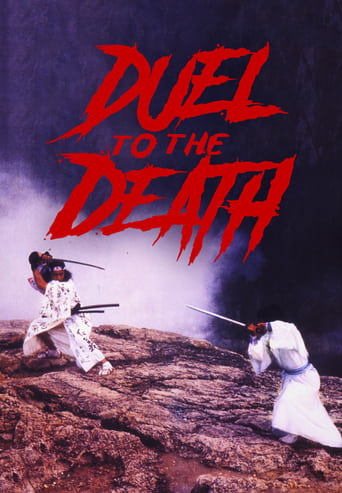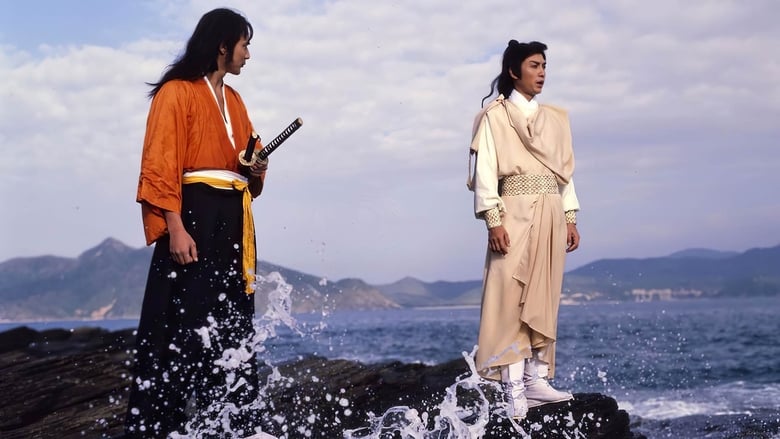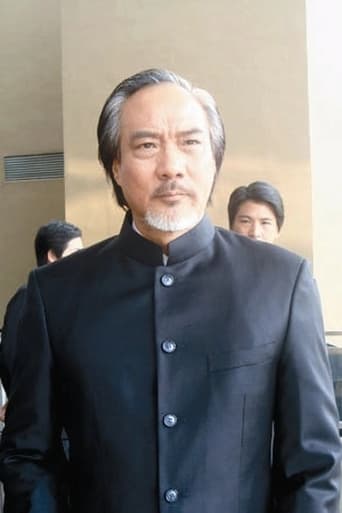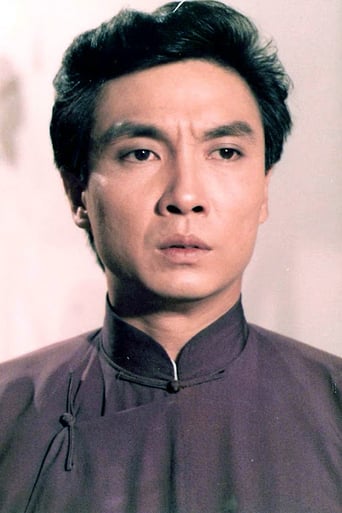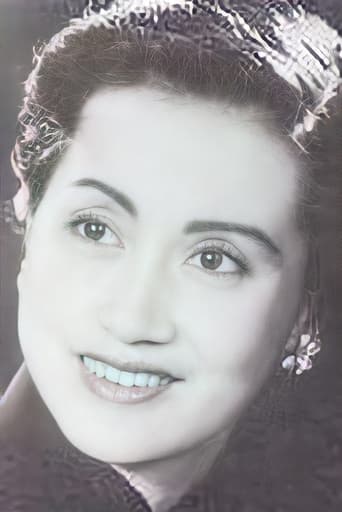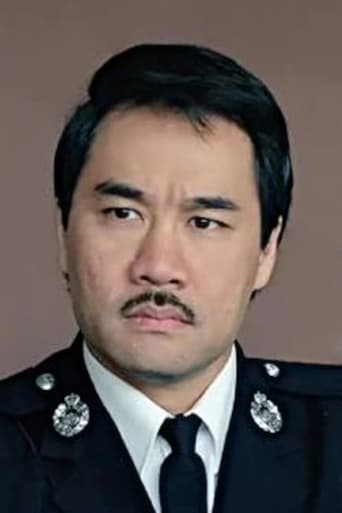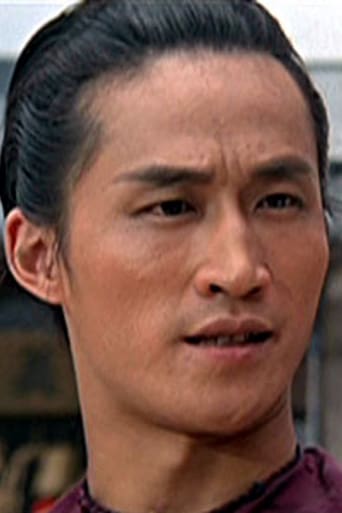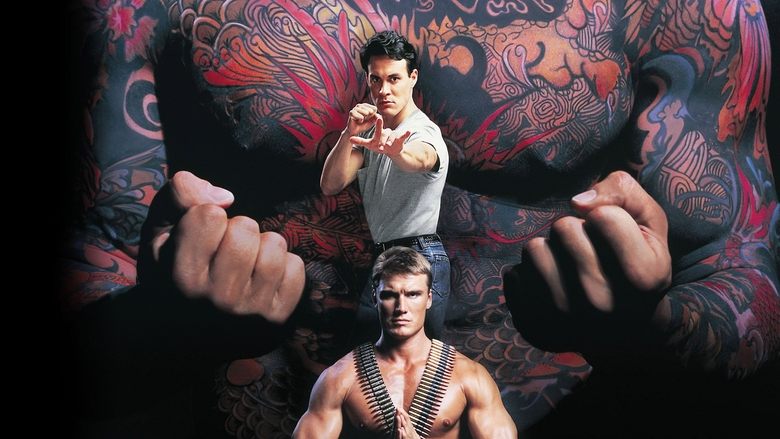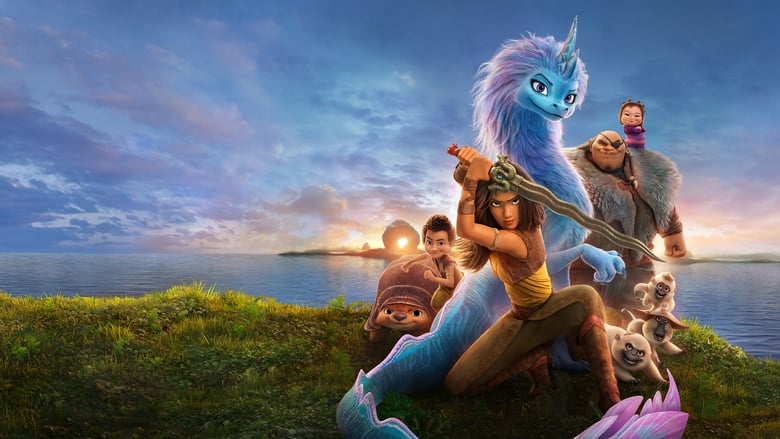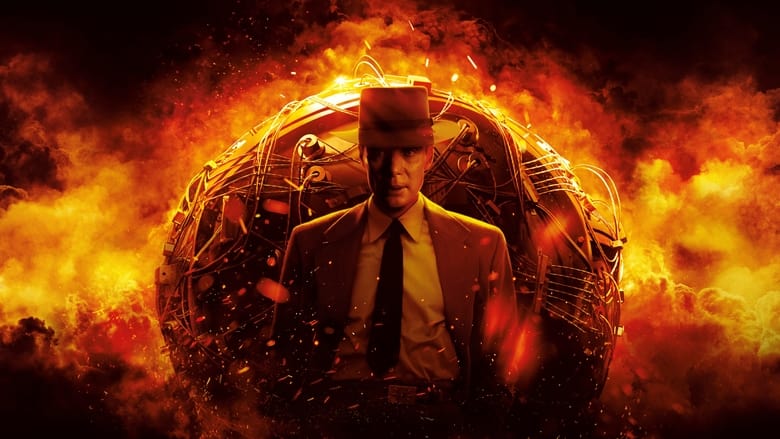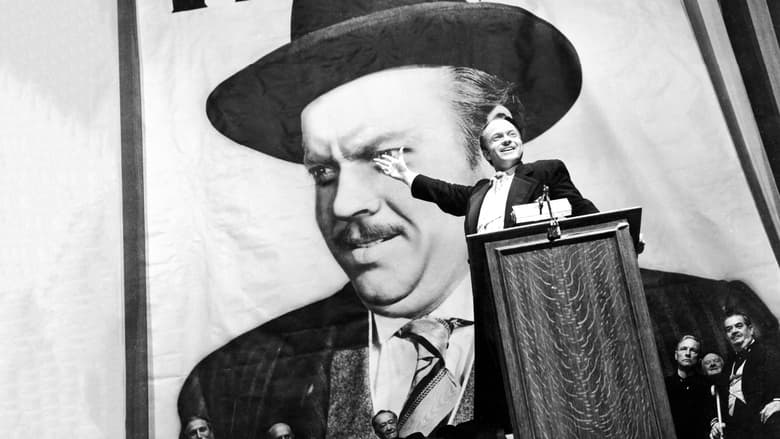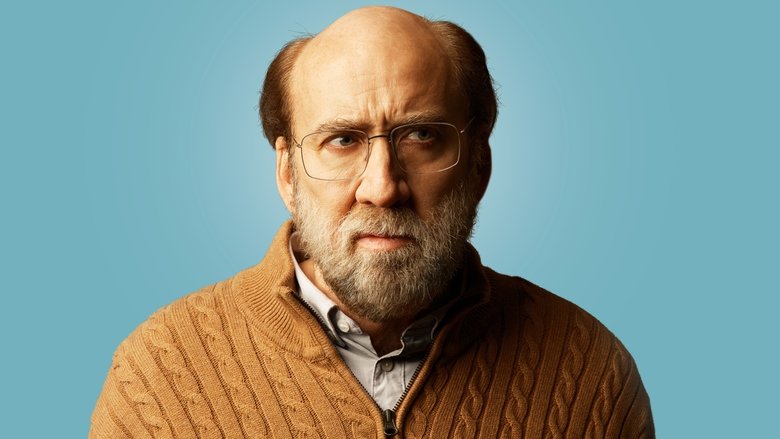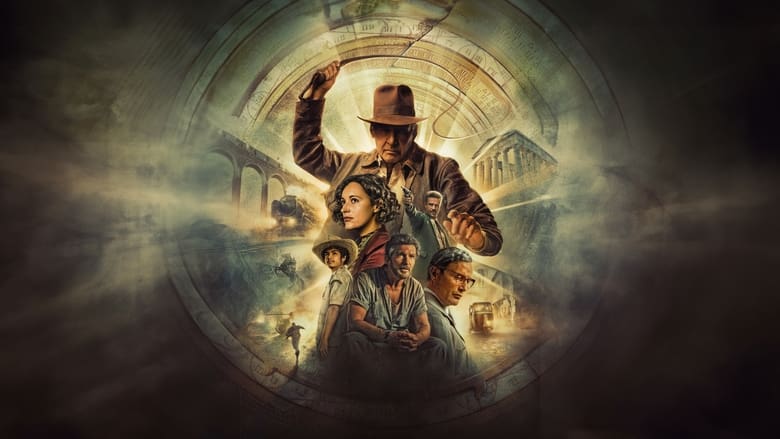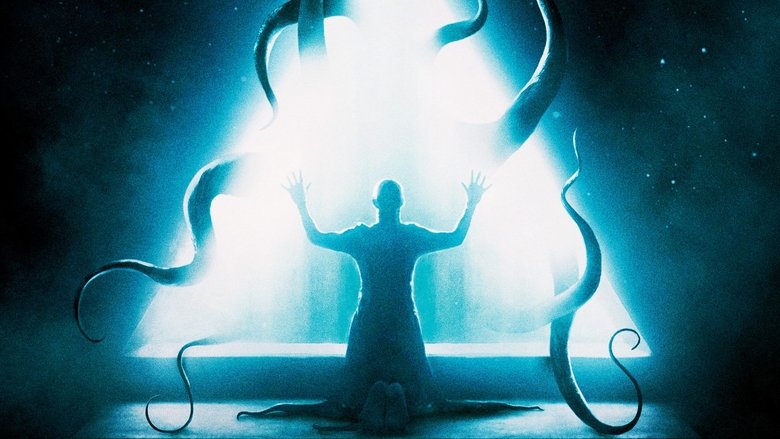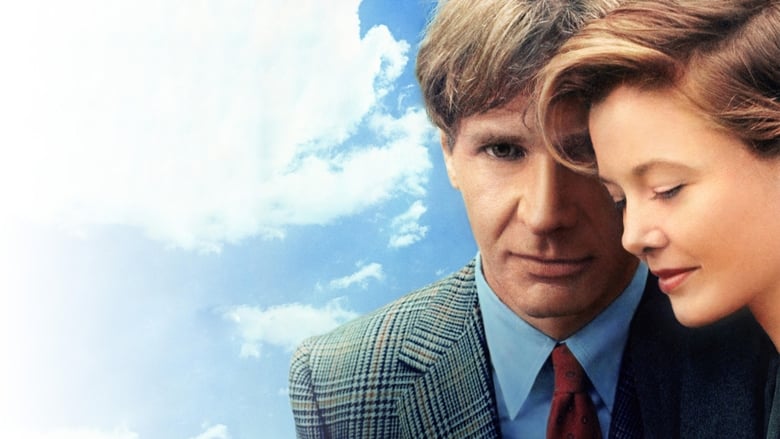In 16th century, during the Ming dynasty era, every ten years the greatest swordsman from Japan faces the greatest swordsman from China in a duel to the death for their nation's honor. As a duel approaches, Chinese champion Ching Wan and Japanese champion Hashimoto uncover a plot to rig the fight.


Reviews
This was a good martial arts flick. There were good special effects, enjoyable fight sequences and decent acting; moreover, there was something that you don't see the Chinese movies from that era: A sympathetic Japanese character.Not to say that the Japanese champion (played by Norman Chu) is a good person...far from it; but, he is honorable. He is also three dimensional. He is kind to children and not a thug. If you've seen martial arts movies with Japanese characters, you can understand how different this is.If you already like Chinese Kung Fu movies, this one is worth an evening...
Duel To The Death is one of the last old school Hong Kong martial arts epics, made by Shaw Brothers at the tail end of their golden age of production. But there is no sense of a dying fall here, as the film is a fast moving, colourful and extremely enjoyable sword fighting film that, upon its release, was received to high critical acclaim in the east. Its reputation in the west is less widely established - something the recent anamorphic release, with supporting commentary and documentary extras, should go long way to correct.Based around a familiar rivalry between the respective martial arts systems practiced by China and Japan, Duel To The Death's plot premise is relatively simple, taking place in the during the Ming dynasty. It's a generations-old challenge between the two countries, lately revived and scheduled to take place again in a venerated venue, the Holy Sword House. Japan sends its top swordsman to compete against the representative of its ancient enemy, and this long-anticipated fight will be one to the death. As directed by Ching Siu-tung, the resulting drama, rich in historical recreation and well shot in glowing colours, is spectacular and fairly influential. Enriched by a strong touch of gore and with some inspired wirework - a technique which was to become increasingly prevalent, his work is often cited as having ushered in a new age of Chinese action dramas.At the heart of his film is the relationship between Hashimoto, the Japanese fighter/ swordsman (Norman Tsui-Keung) primed for the betterment of his lord and country and the young Chinese master, the 'Lord of the Sword' Po Ching-wan (Damien Lau). A subplot focuses on attempts to wreck the fair fight as planned, notably the employment of ninjas to steal martial secrets and abduct leading Chinese martial artists. But these fearsome and persistent ninjas aren't ordinary fighters. They attack while masked, or naked or giant sized; they explode while hugging their foes, fire rockets, drop down to attack from broad battle kites, bounce off trees, as well as flash disconcertingly from visible to the invisible. None of their tricks really distract from the increasing respect between Po Ching-wan and Hashimoto in the meantime, although Po also grows emotionally attached to a female martial fighter Sui Man (Flora Cheung) whose duplicitous father is the Lord of Holy Sword House. The relationship between the two contestants gradually grows more complex but Hashimoto, who eventually has to face the claims of competing loyalties (orders from the Shogun and his own sense of honour) has the most complicated set of decisions to make and his final actions, which attempt to reconcile two irreconcilable strands of tension, provide the most arresting moments in the film.Ching Siu-tung's most celebrated film in the west is A Chinese Ghost Story (aka: Sinnui Yauman), although most recently he was action choreographer on House Of Flying Daggers (aka: Shi mian mai fu). As has been noticed by others, one of his trademark strengths is to tell a traditional story well, but in a fantasy setting breaking free from the conventions of social realism (a non-naturalistic style which divides those audiences who love and who loathe so-called 'wire fu'). Duel To The Death, his debut feature, already shows this predilection. Another characteristic is his use of multiple setups to film action stunts, before editing the fragments into a whole martial play, a way of working which has also become more current. There's plenty of opportunity to show off moves like this between participants in a swordplay movie frequently contrasting and comparing the martial techniques of two proud societies and their representatives.Thus Ching Siu-tung's fight choreography includes the varying fighting styles of Japanese samurai (and Ninjitsu) techniques, as well as the Shaolin techniques and swordplay. Those familiar with spaghetti westerns may also find some echoes in his work here, especially when the director films his heroes progressing against barren landscapes towards the start of the film to music which sounds (to these ears at least) vaguely south of the border. He's also not reluctant to add some bizarre touches of his own, such as the slicing into two halves of an evil ninja as required, or the inclusion of an exploding head as part of a climatic encounter. To be honest, once established, the narrative is not that engaging, apart from the increasing suspense as the two young champions look set to face off each other in the deciding contest - which, when it finally occurs, is filmed in the dramatic and expressionistic setting of a rocky coastline. Perhaps he is less successful in suggesting any burgeoning romance between Sui Man and the Chinese fighter but, given the main focus of the narrative, this is not a distraction.
DUEL TO THE DEATH is one of the many "flying swordsman" action-adventures to come out of Hong Kong. If you've seen CROUCHING TIGER, HIDDEN DRAGON, then you pretty much know what to expect. If not, go into this film with an open mind and expect to get blown away.Hashimoto and Ching Wan are dueling swordsmen. Every year China and Japan hold a great tournament in which each country's best fighter clashes swords with each other. Ching Wan is from China, and he sets out to prove himself to his mentors. Hashimoto is from Japan, and he wants to win in order to make his master proud, who died while testing Hashimoto's abilities. However, something fishy is going on in China. Black-masked ninjas have stolen secret scrolls from Ching Wan's temple and Hashimoto's venomous general, Kenji, seems to have a secret agenda. The tournament is to take place at the home of the beautiful Sheng Nan and her father, but all is not right. Ching Wan's mentor is captured and ninjas try to kill him. Meanwhile, he begins to develop a strong romantic bond to Sheng, who was trained as a martial artist by her father and disguises herself as a man so she can fight. When Hashimoto realizes that Kenji wants to kill Ching Wan himself, he realizes he must go against his general in order to save Ching Wan. It turns out Japan wants the best martial artists of China captured in order to learn their secrets. Hashimoto catches on to this but he realizes that he must go against his country in order to stand up for what he believes is right.And, well, that's the plot in a nutshell. There's not much too it, and those expecting the lyrical romanticism of CROUCHING TIGER will be disappointed. However, DUEL TO THE DEATH makes up for it with some of the most thrilling, bloody fight scenes I've ever seen, including the best wire work next to Ang Lee's film. I guess the thing I love about Hong Kong cinema is that it plays by its own rules. It has its own mythology, its own way of storytelling. Here, the characters defy gravity, jumping from tree to tree like chimpanzees or flying through the air like hawks. The film doesn't play by the traditional Hollywood rules. For example, the ending is ambiguous and surprisingly bleak, as opposed to the usual "happy" ending tacked on to most American films. You would think that Hashimoto and Ching Wan would become friends at the end of it all, but instead Hashimoto does something that seems to negate everything that came before it.And yet, it's the underlying sensitivity of the two leads' performances that makes DUEL TO THE DEATH so compelling. In their respective roles, Norman Tsui and Damian Laui are great and very sympathetic. And the direction and music score are excellent.In fact, my only real complaint with the film is that the fight scenes aren't long enough. They could have been even MORE thrilling, but then again, their sparseness just makes us hunger for the next fight even more. All in all a great movie, and an essential for anybody wanting to explore the mysterious land of 70's and 80's Hong Kong cinema.
Ninjas on kites!!! Exploding Head!!! Crazy swordfights!!! Exploding Trees!!! I really am not sure what else you need in a film. The acting, which is usually lacking in a kung fu film is good, and even the story is good. If you love kung fu action, this is the film for you!! 10/10
